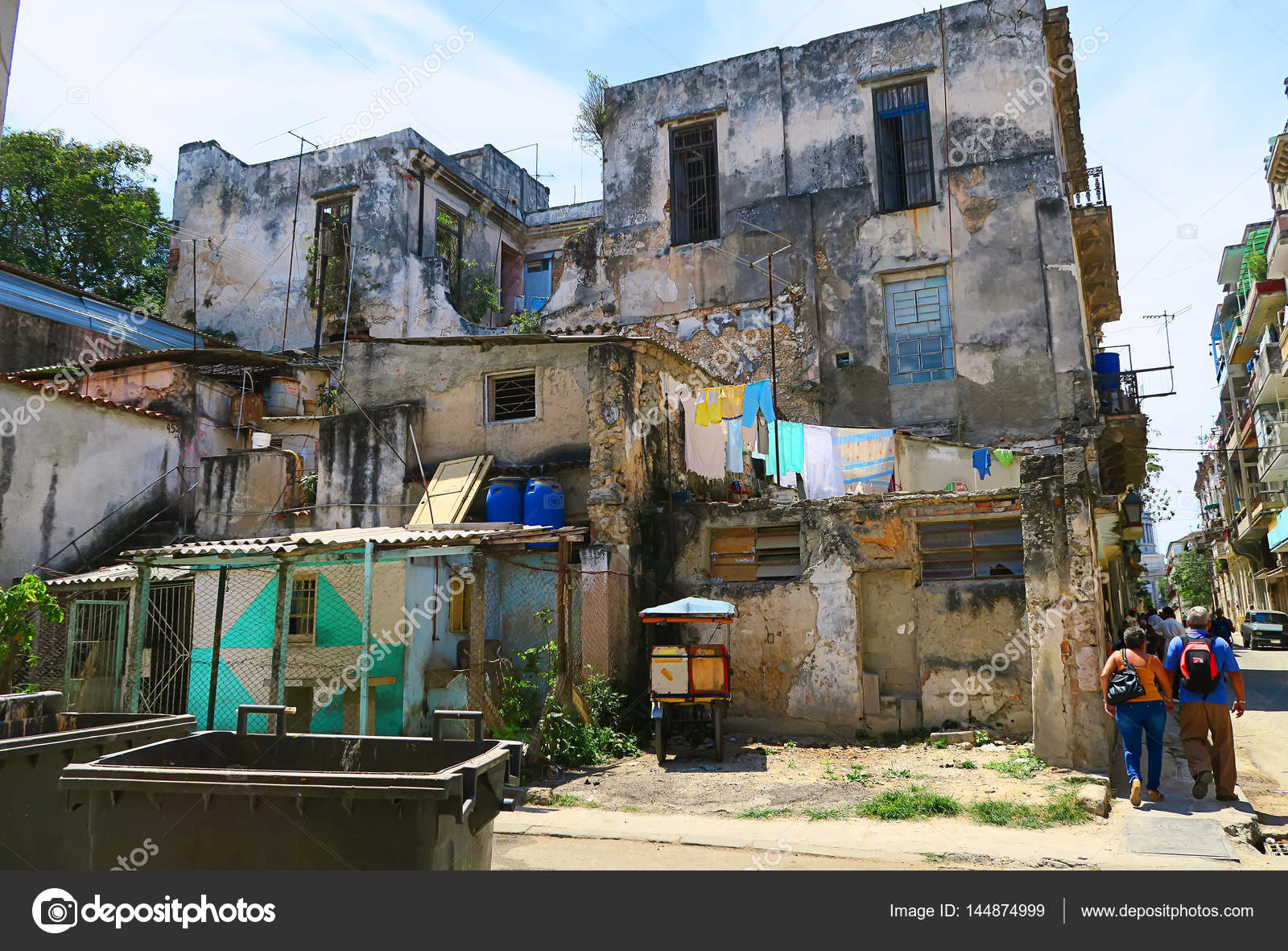Cuba sees high turnout at polls for referendum on constitutional referendum
Source: Reuters
MARC FRANK AND NELSON ACOSTA
HAVANA
REUTERS
PUBLISHED FEBRUARY 24, 2019
UPDATED 2 HOURS AGO
Cubans flocked to the polls on Sunday in a vote expected to approve a new constitution that institutes modest economic and social changes while maintaining the one-party socialist system.
By afternoon., 75 per cent of the 8.7-million electorate had cast ballots, according to the national electoral commission. Results are due to be announced on Monday.
Debate over the constitution has dominated the country’s politics for months, even as it struggles with economic stagnation and as the deepening crisis in Venezuela brings its ally into the crosshairs of U.S. President Donald Trump’s administration.
White House national security adviser John Bolton ripped the referendum on Twitter as “another ploy of the Cuban regime to cover up its repression and tyranny.”
Read more: https://beta.theglobeandmail.com/world/article-cubans-head-to-the-polls-in-high-stakes-constitutional-referendum/
oldsoftie
(12,533 posts)I think Venezuela also had a large turnout. HA!
EX500rider
(10,842 posts)sinkingfeeling
(51,448 posts)is expanding private ownership. Meeting and talking with them last June gave me a greater understanding of what might be called benefits of communism. There is no 'dog eat dog' mad rat race in Cuba. They are generous and help each other and their communities. Gracious people and a beautiful, very ecologically green country.
GulfCoast66
(11,949 posts)It’s not 1968. No serious person holds Cuba up for, well, anything.
And your post just reads as so patronizing to them. The poor happy communist not worried that if they show any dissent their life becomes hell. Because they are gracious and their country is green. And helping each other, because they could not survive otherwise.
President Obama had it right as much as he could. No embargo, offer them all the benefits of a free society, then watch their oppressive rulers heads spin.
riverbendviewgal
(4,252 posts)I been to Cuba 4 times. There was enough food. The people were clean. Some buildings in need of paint and repair. The people all have health care. The embargo hurt them. But I saw happy people. I have not gone this year since my heart attack. I had to have a quadruple bypass surgery. It cost me nothing here in Canada.
Florida I been to far more times than Cuba. I saw beautiful rich homes and very horrid slums. I saw homeless on the streets. I met middle class people who worked in art galleries, motels, taxis and offices who could not afford health care. They would hope that they would not be sick.
I am 71. I value health care very much. I live in a social Democracy - Canada. I am happy.
EX500rider
(10,842 posts)



riverbendviewgal
(4,252 posts)Where there was no money to fix potholes. They filled them with dirt.
Look at slums in America's cities. Look at the shacks in Appalachia.
America has big poverty.
EX500rider
(10,842 posts)About half the Cuban population lives with a median household income of $300 to $400 a year.
Median income in Ohio: $51,075
GulfCoast66
(11,949 posts)Anyone stupid enough to compare the life of the average Cuban with the life of the average resident of Ohio is just trolling!
They parady themselves!
Hell, the average resident of Mississippi has a way better life than the average Cuban. And they get to vote in free elections!
sinkingfeeling
(51,448 posts)Ohioans receive food supplements of meat, eggs, fruit each month? And all state employees must carpool people without private transportation? And rural Ohioans can just catch a bus by going to a highway? And in Ohio, organic foods cost exactly the same as prepackaged? Child care is free in Ohio?
Look it's a different economic system.
oldsoftie
(12,533 posts)A lesser-known characteristic of Cuba’s healthcare system is the existence of special clinics, reserved for tourists, politicians and VIPs. The state reserves the best hospitals and doctors for the national elite and foreigners, while ordinary Cubans sometimes must turn to the black market or ask expatriate friends or family to send medicine.
“Cuba’s health service is divided in two: one for Cubans and the other for foreigners, who receive better quality care, while the national population has to be satisfied with dilapidated facilities and a lack of medicines and specialists, who are sent abroad to make money for Cuba,” says Dr. Julio César Alfonzo, a Cuban exile in Miami and director of the NGO Solidaridad Sin Fronteras.
sinkingfeeling
(51,448 posts)Much of Cuba’s success in these areas is due to its primary healthcare system, which is one of the most proactive in the world. Cuba’s population of 11.27 million has 452 out-patient clinics and the government gives priority to disease prevention, universal coverage and access to treatment.
Cuba has also produced innovations in medical research. In 1985 the country pioneered the first and only vaccine against meningitis B. The country’s scientists developed new treatments for hepatitis B, diabetic foot, vitiligo and psoriasis. They also developed a lung cancer vaccine that is currently being tested in the United States. Cuba was also the first country on earth to eliminate the transmission of HIV and syphilis from mother to child, a feat recognized by the WHO in 2015.
In 2015, Cuba spent 10.57% of its GDP on health, slightly higher than the global average. According to the World Bank in 2014, the European average spending GDP spending was 10%, compared to 17.1% in the United States.
https://www.google.com/url?sa=i&source=web&cd=&ved=2ahUKEwj5-_iugtfgAhWqiVQKHTV-BeMQzPwBegQIARAC&url=https%3A%2F%2Felpais.com%2Felpais%2F2017%2F02%2F10%2Finenglish%2F1486729823_171276.html&psig=AOvVaw1vznURf3jon9XnddF8-S3A&ust=1551188704477013
Judi Lynn
(160,525 posts)for ideological reasons, the extensive assortment of inducements offered Cuban people wanting to move to the US, to make it worth the trouble so they can be used for propaganda purposes. They are offered benefits they are accustomed to receiving in their home country, to spare them the trouble of trying to hustle hard to find ways to make enough money to stay here.
The Cuban Adjustment Act has been actively available to Cuban would-be emigrants since the 1960's.
Immigration reform and the Cuban Adjustment Act
By Keith Bolender Last updated Aug 13, 2014
. . .
Cubans who make it to the USA are not only welcomed, but accepted with open arms full of economic and political benefits. Regardless of their age, condition or reason for leaving the island. This is made possible under the decades old Cuban Adjustment Act, implemented in 1966 as part of America’s political weaponry against the revolution. The Act was designed to encourage Cubans to leave the island, providing incentives such as permanent residence status after one year. Cubans simply have to show up at any American border, no questions asked, and they are allowed entry after a cursory examination. Immediately they can apply for social assistance programs, claim various financial benefits and be provided with considerations such as free English lessons.
The Act encourages Cubans to claim political refugee status, with the person only having to assert some ill-treatment at the hands of the revolutionary government to ensure there would be no complications upon entry. It helped establish the exile community to set up its base in Miami and become the voice of anti-revolution and the energy behind keeping the American embargo against Cuba unchanged. Critics of the Act state it encourages Cubans to leave the island on flimsy rafts, risking life in order to gain benefits no other immigrant can. Consistently the American government has used the Act to score political points, pointing to the arrivals as proof as how desperate the Cubans are to get out of the country – without mentioning the Act or the immediate advantages it provides them. Since the fall of the Soviet Union in 1989 and the continuing struggles of the Cuban economy, even the U.S. side admits the Act now has little to do with politics, and simply as a way for Cubans to escape their economic difficulties. The same reason most Central America immigrants cite.
In reality, Cuba provides far more social programs and personal security, despite the economic special period they’ve suffered during the past 25 years, than do most Central American countries. But it is the Cuban immigrant who obtains all the benefits, while others are demonized and sent back.
Both Cruz and Rubio have spoken publicly for the need of maintaining the Act, with the only hesitation coming from Rubio who expressed minor concerns that the recently arriving Cubans were undermining the justification for the Act by traveling back and forth to the island for family vacations and business trips, making it hard to maintain the claim they were exiles fleeing an oppressive regime.
More:
https://progresoweekly.us/immigration-reform-cuban-adjustment-act/